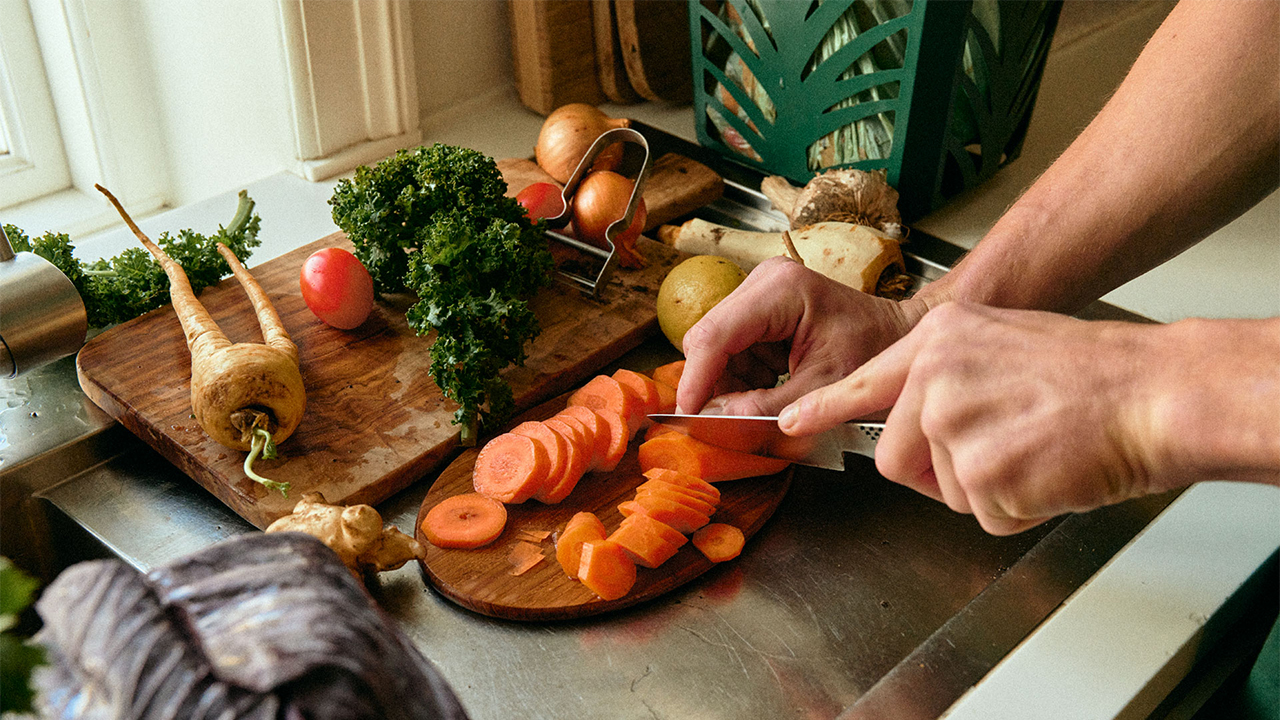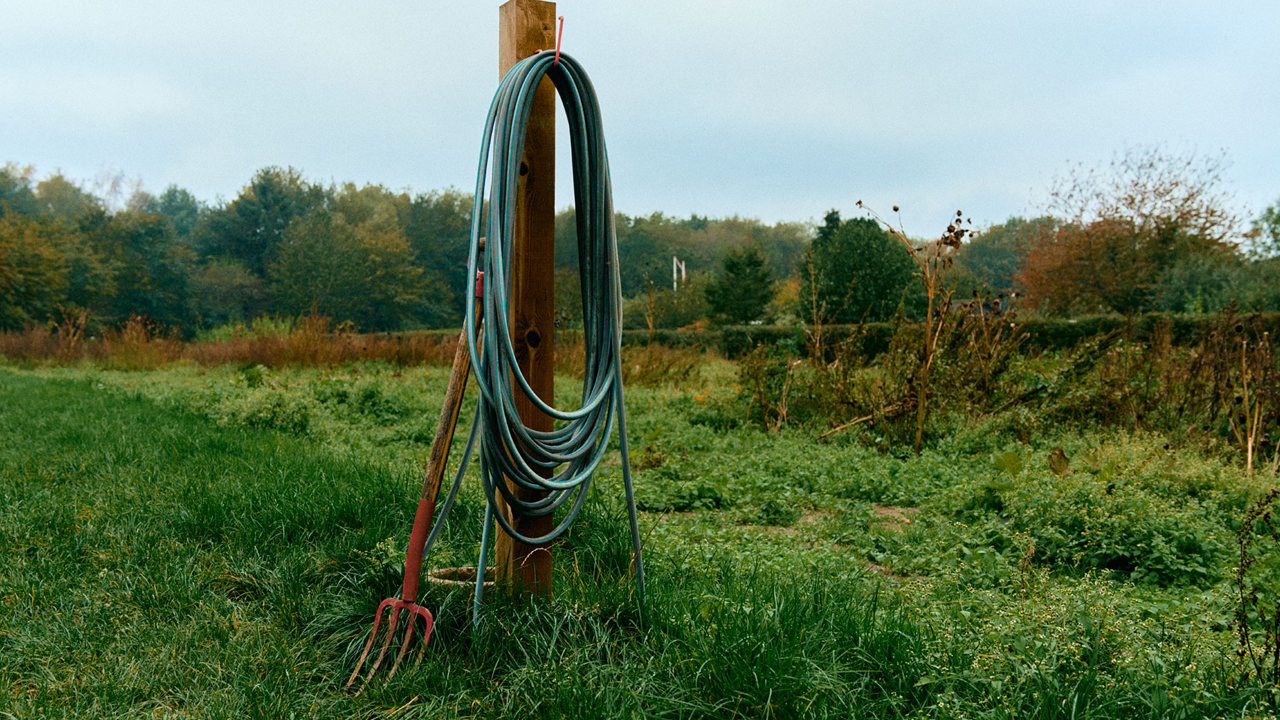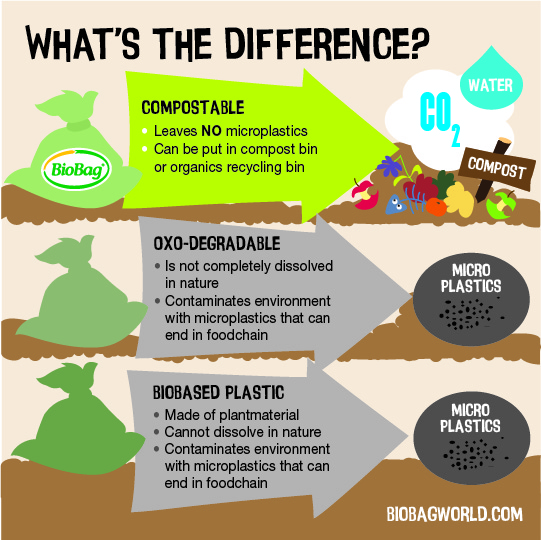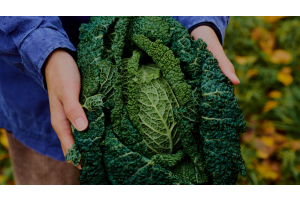Waste solutions
-
Posted: April 24, 2024Categories: Organic waste, Waste solutions, Environmental Impact, Bioeconomy, Soil health, MicroplasticsRead more »
Here is the issue.
If we collect organic waste in the normal bin with other residual waste, it goes to an incineration facility to be burnt or – in some countries – left in a landfill to rot. Burning it will release dioxins to the atmosphere. Leaving it in landfills will produce large amounts of methane gas into the open air. A gas, that is 28 times as damaging to the atmosphere as CO2.
Consequently, both are bad solutions, but worse so, they both completely overlook the potency and value that lies within the food waste itself.Avoiding the heavy pollution is therefore one thing, but it’s quite another thing to recover the valuable resources that lie within the waste. We can actually use this waste to give clean nutrition back into the Bioeconomy, but for that to be an option, we need to use a different waste bag.
If sorted and collected separately, organic waste can be converted into biogas or nutritious compost to grow new crops in and spread on the fields to nurture the soil. If
-
Posted: December 06, 2023Categories: Organic waste, Waste solutions, Environmental Impact, Bioeconomy, Soil health, MicroplasticsRead more »
1. Avoid microplastics in the field
Biobags are certified fully compostable and will always disappear within a brief period, in contrast to conventional plastics which will enter our environment for at least hundred years and circle around as damaging microplastics. When food waste is collected in a biobag destined for biogas production or turned into compost for agricultural land, Biobags will not leave microplast in the soil. The conditions under which the Biobag decomposes will determine how long the biodegradation process takes. There can be fragments looking like conventional plastic bits during biodegradation, either with composting or biogas production, but rest assure, it is not.2. Weight reduction
Organic waste is one of the heaviest waste fractions meaning higher costs for transport, and pre-handling. Biobags are breathable allowing the moisture to evaporate and the waste to dry out, reducing the overall weight. Using a Biobag in a MaxAir, ventilated kitchen caddy, the -
Posted: December 06, 2023Read more »
Research confirms that we are already consuming microplastics, and the recent discovery of these particles in the livers of fish suggests that they can migrate from the digestive system to other parts of the body. The latest studies even indicate that microscopic plastic particles end up in our lungs, settling or penetrating further into our bloodstream. The full extent of the damage is not yet fully understood, but surely it isn’t good.
The ongoing use of conventional plastic Mulch Film seems odd to us, when we know the drastic impact of microplastics on soil use and balance - and when we already know how to produce an alternative that leave zero microplastics behind. Biobag offers a fully compostable and biodegradable Mulch Film that is certified OK biodegradable SOIL. It has the exact same functionalities as the environmentally damaging conventional version, but WITHOUT the negative environmental consequences of persistent microplastics.
-
Posted: January 31, 2023Categories: Organic waste, Waste solutions, Environmental Impact, Bioeconomy, Soil health, MicroplasticsRead more »
How can bioplastic contribute to healthy soil?
We think it is essential that the EU, in its Soil Strategy, includes compostable plastic as an important factor in the restoration and maintenance of healthy soil. Collecting and composting the huge amounts of organic waste that we humans generate is a sustainable, good, and meaningful way to improve our soil. Giving all this organic material back to the soil will improve the soil quality. It will give back valuable nutrients and microorganisms, so that the soil becomes healthier and more resistant to, for example, drought and heavy rain. It will also maintain the soil fertile for growing food in a healthy and valuable circular economy. When sorting and collecting food waste, studies in several EU countries show that if sorted food waste is collected in bio bags, the quantity as well as the quality of the collected food waste is increased. The more food waste collected and used to improve our soil, the better.
-
Posted: September 14, 2018Read more »
If we continue as we do today, then there can potentially be 12 billion tonnes of plastic ending up in the environment by 2050. The problem with non-biodegradable plastic is that plastic accumulates in the environment. Certified compostable and biodegradable plastic combats an accumulation of plastic.
It is fortunate that there are alternatives to conventional plastic bags. The green Biobags used in many large cities across Europe are one of these options. Biobag waste bags, sacks, and films are certified compostable and biodegradable according to the European Standard EN 13432, the US Standard ASTM D6400 and the Australian Standard AS473.









